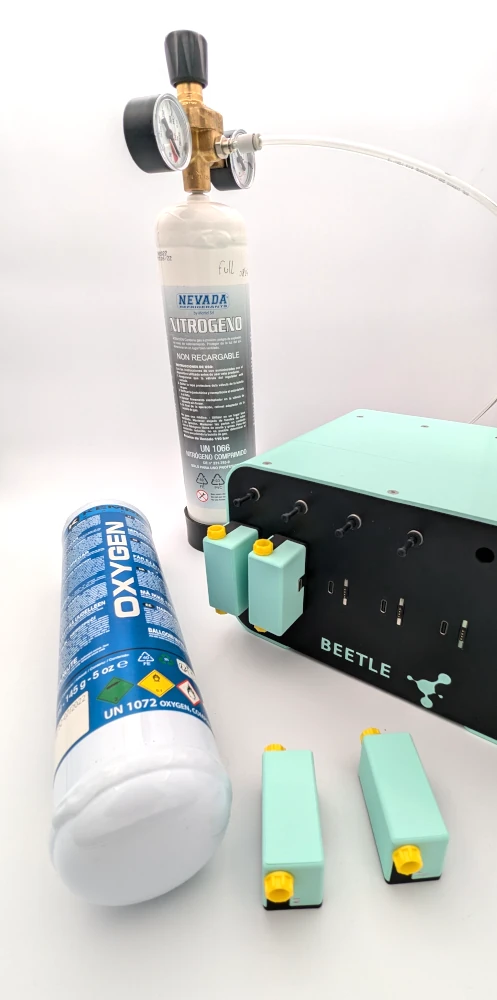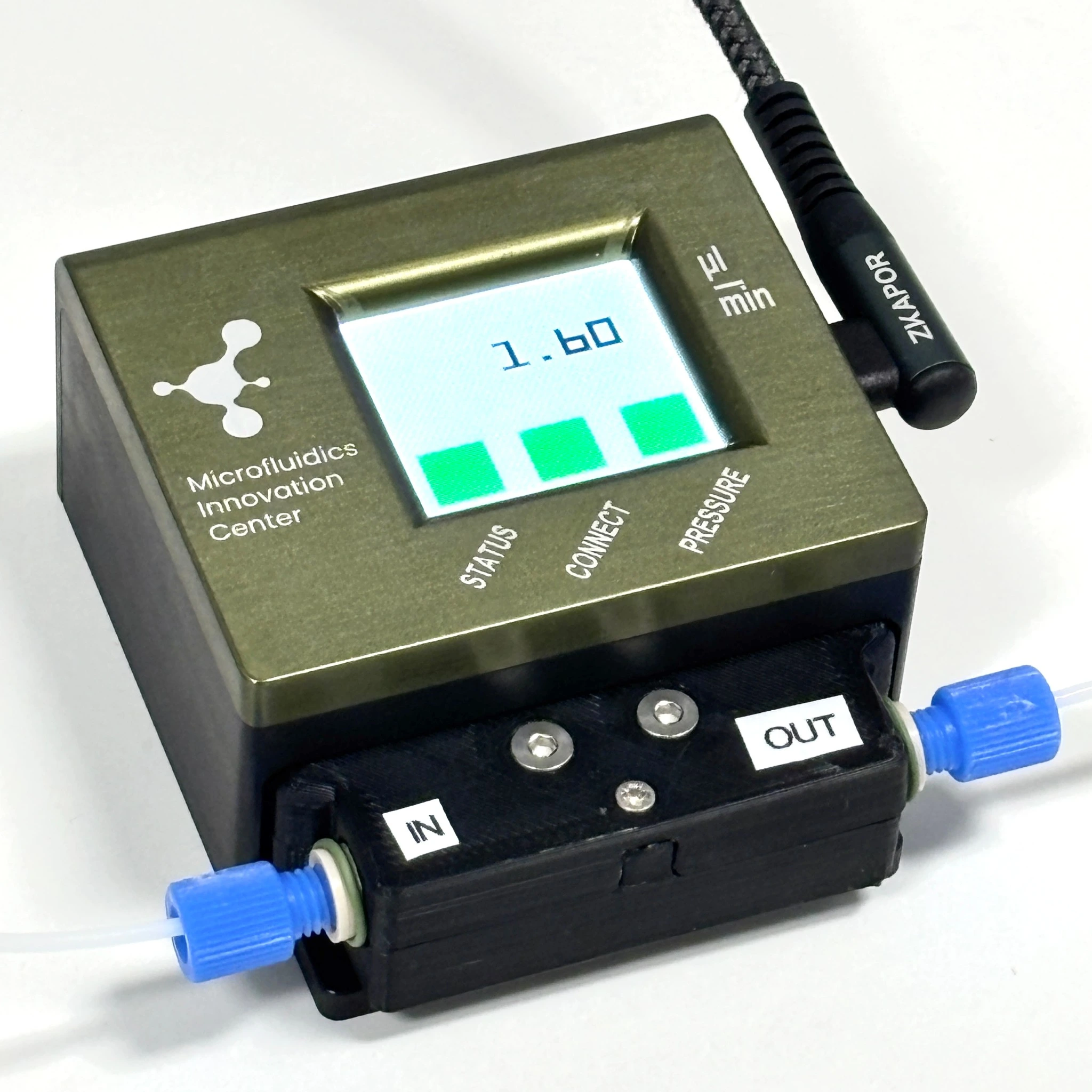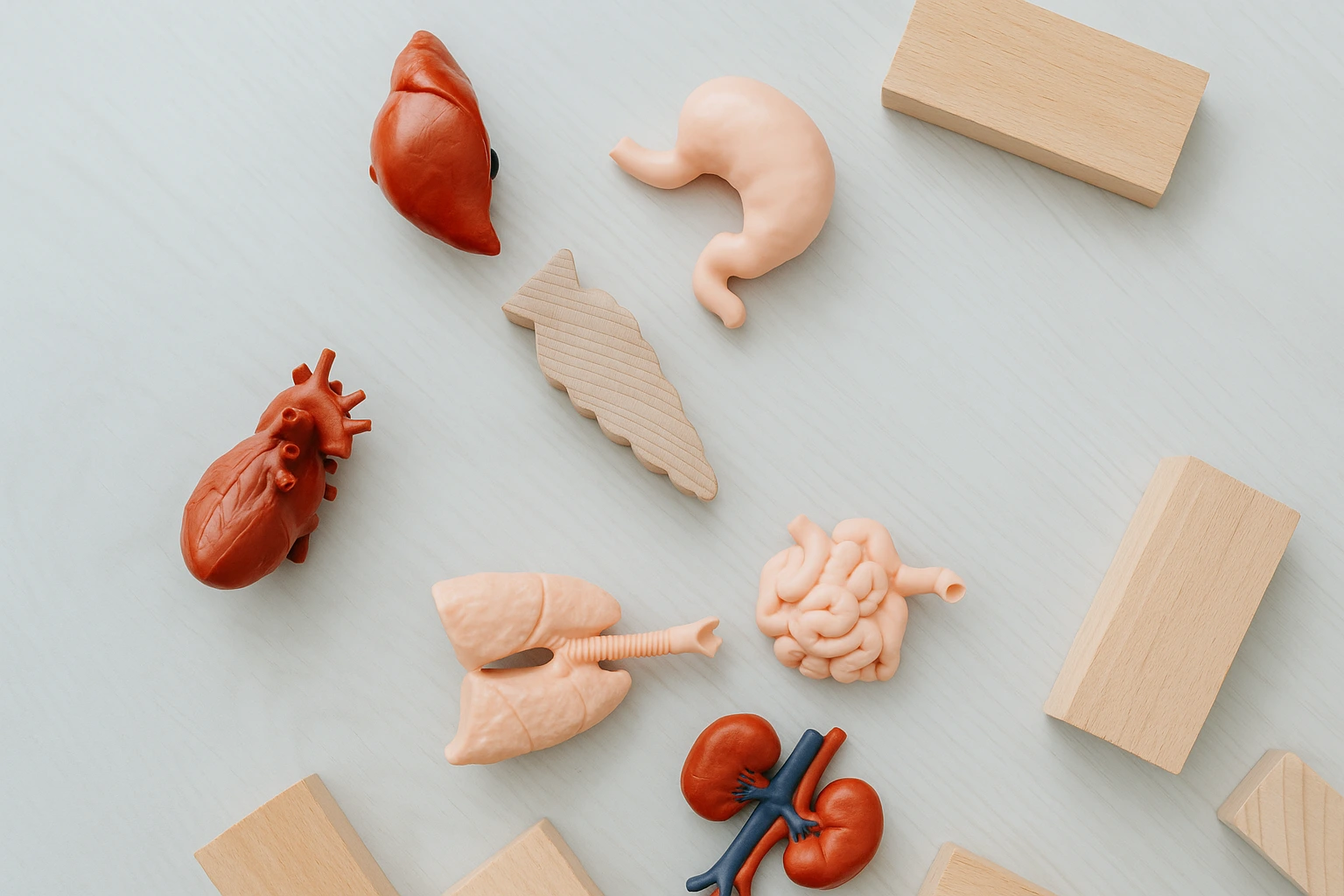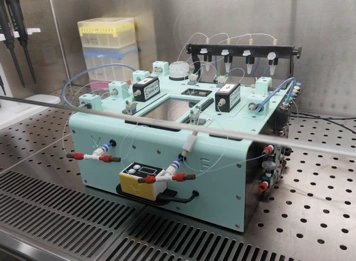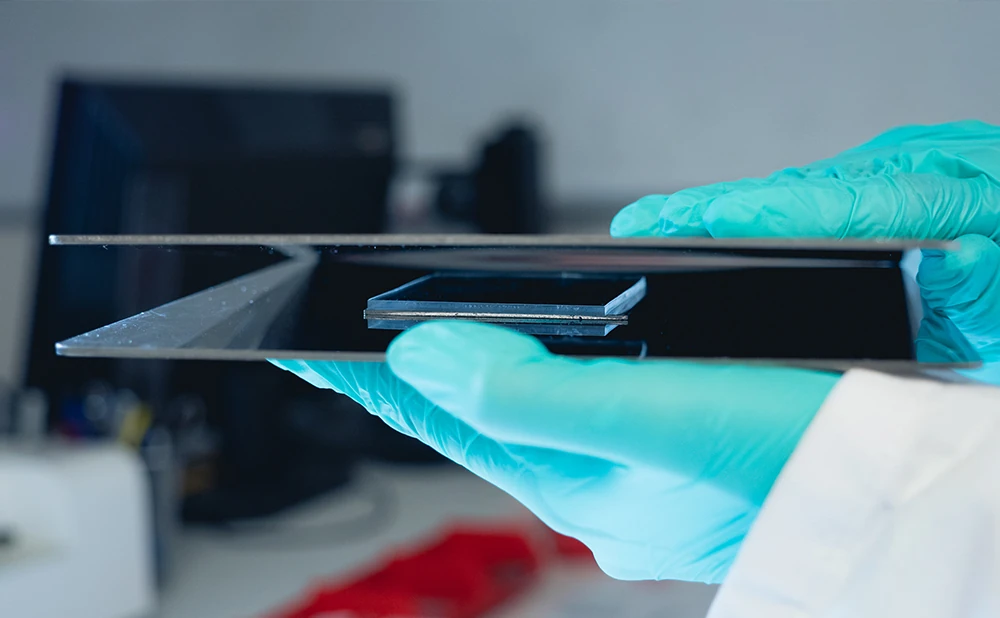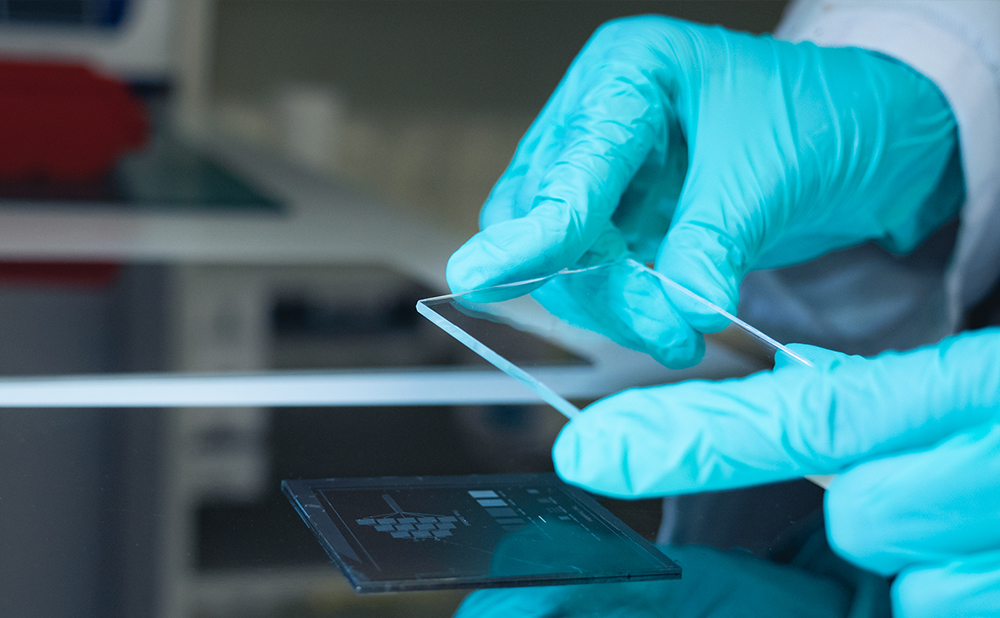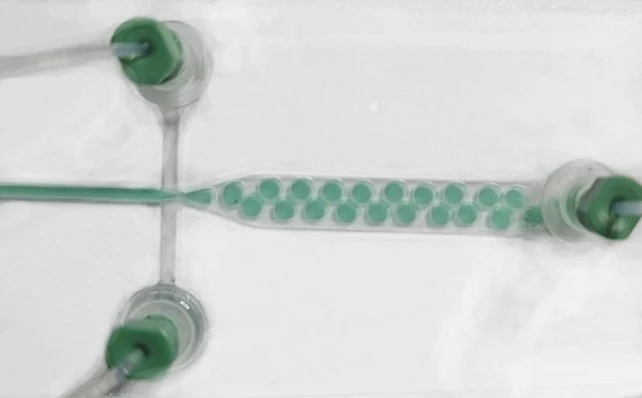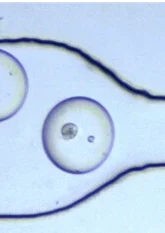A microfluidic SME specialized in European
consortium partnership
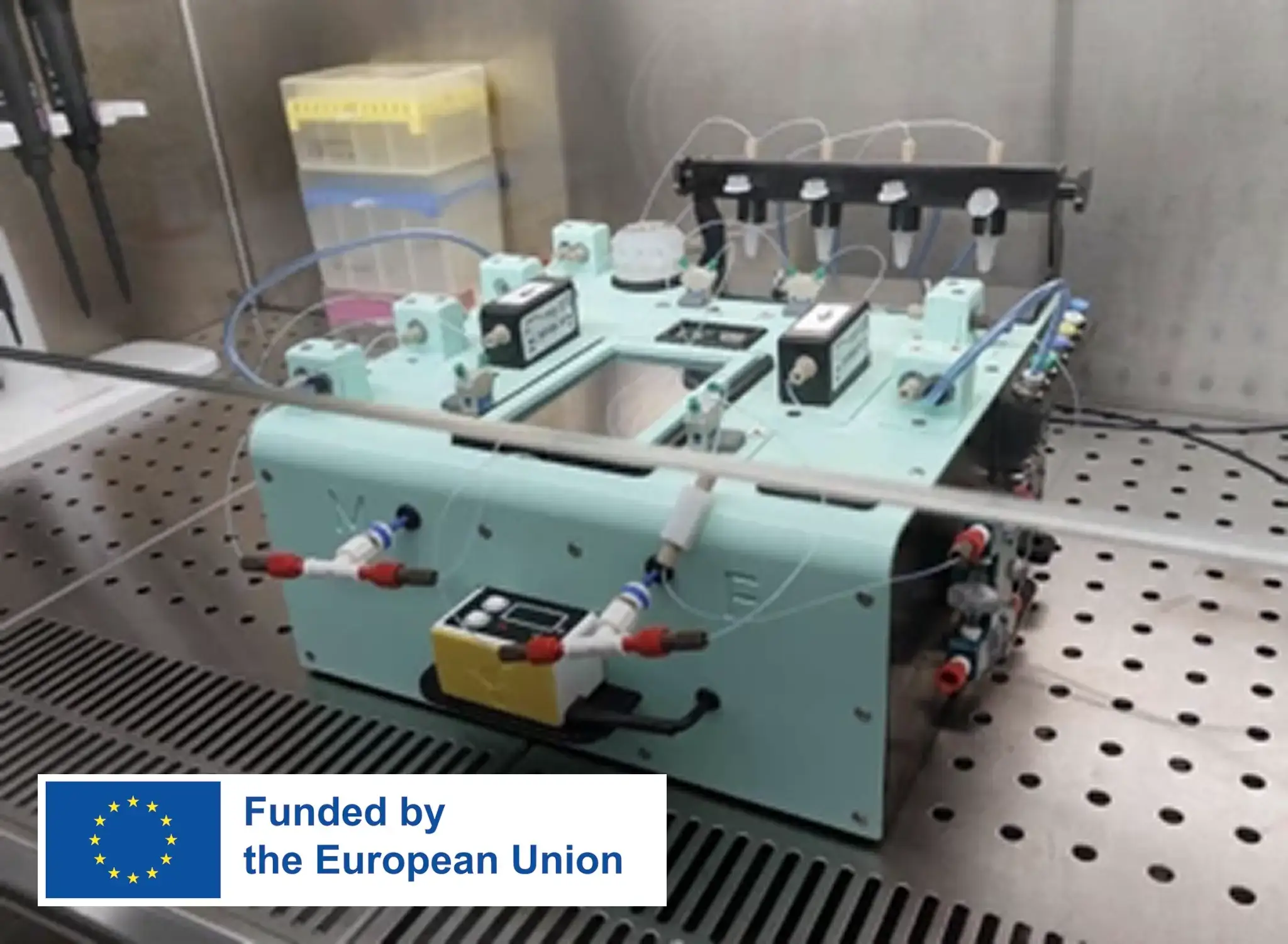
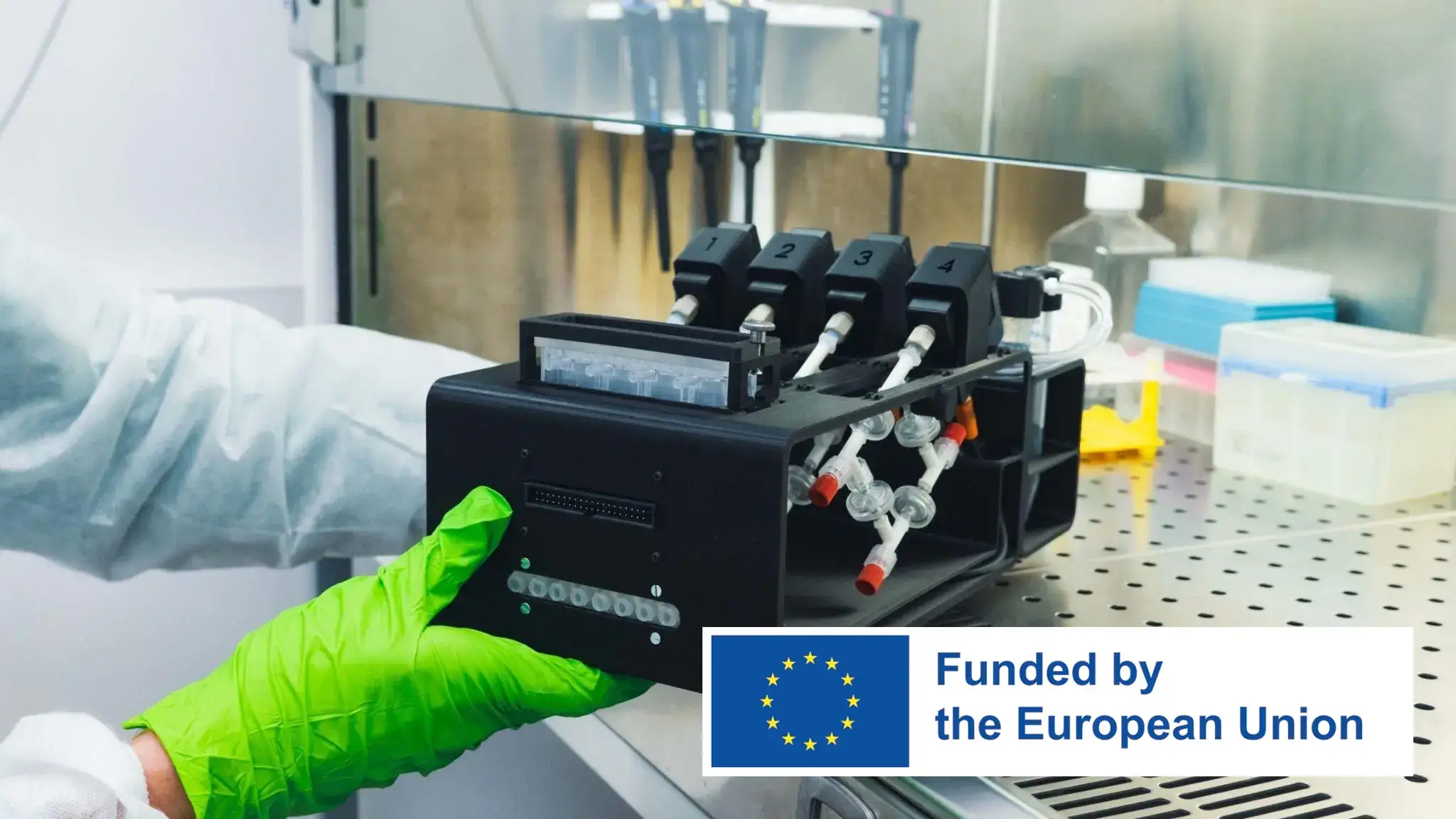
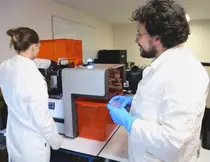
Discover more!
How to collaborate with us
We provide tailor-made microfluidic solutions for your consortium
1
Phase 1
We explore opportunities
Propose tailor-made microfluidic solutions, from early concept to prototype
Discuss market-related tasks, such as business modeling and exploitation planning
2
Phase 2
We contribute to the proposal
Participate in proposal writing
Review the proposal and give feedback based on experience from previous submissions
- Connect you with a partner from our network with complementary expertise, if needed
3
Phase 3
We ensure microfluidic engineering & implementation
Provide technical expertise and continuous improvements to the microfluidic system
Transfer the prototype to our partners’ lab for testing and support instrument use
Ensure the system meets market needs through ongoing user and market engagement
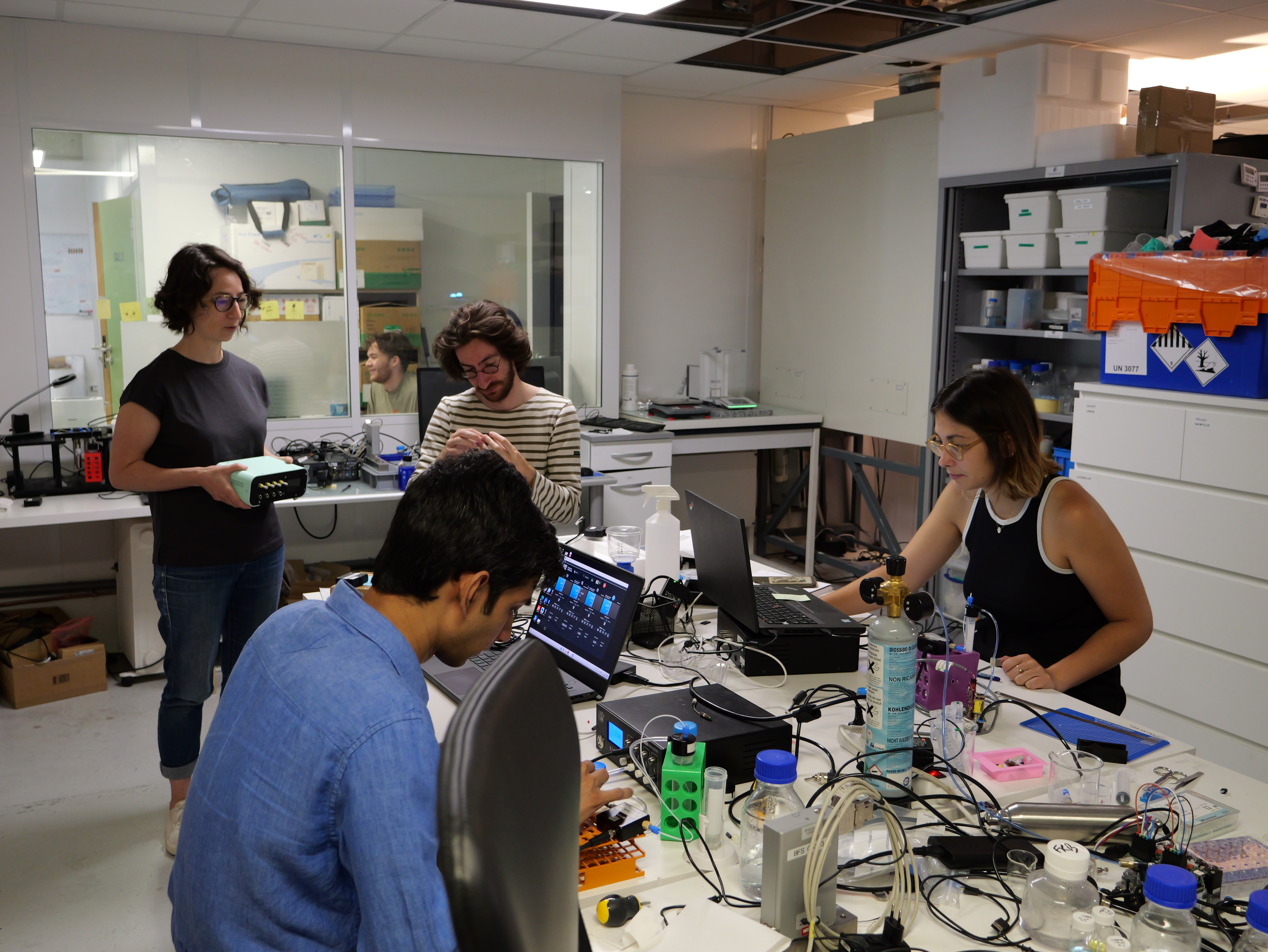
Phase 3
Contribute to the project
Develop tailor-made microfluidic solutions, from early concept to prototype.
Contribute to market-related tasks, such as business modeling and exploitation planning.
Phase 2
Co-write and submit the proposal
-
We co-write and structure proposals, focusing on technical, innovation, and impact sections.
-
We submit the proposal following the required EU format and guidelines.
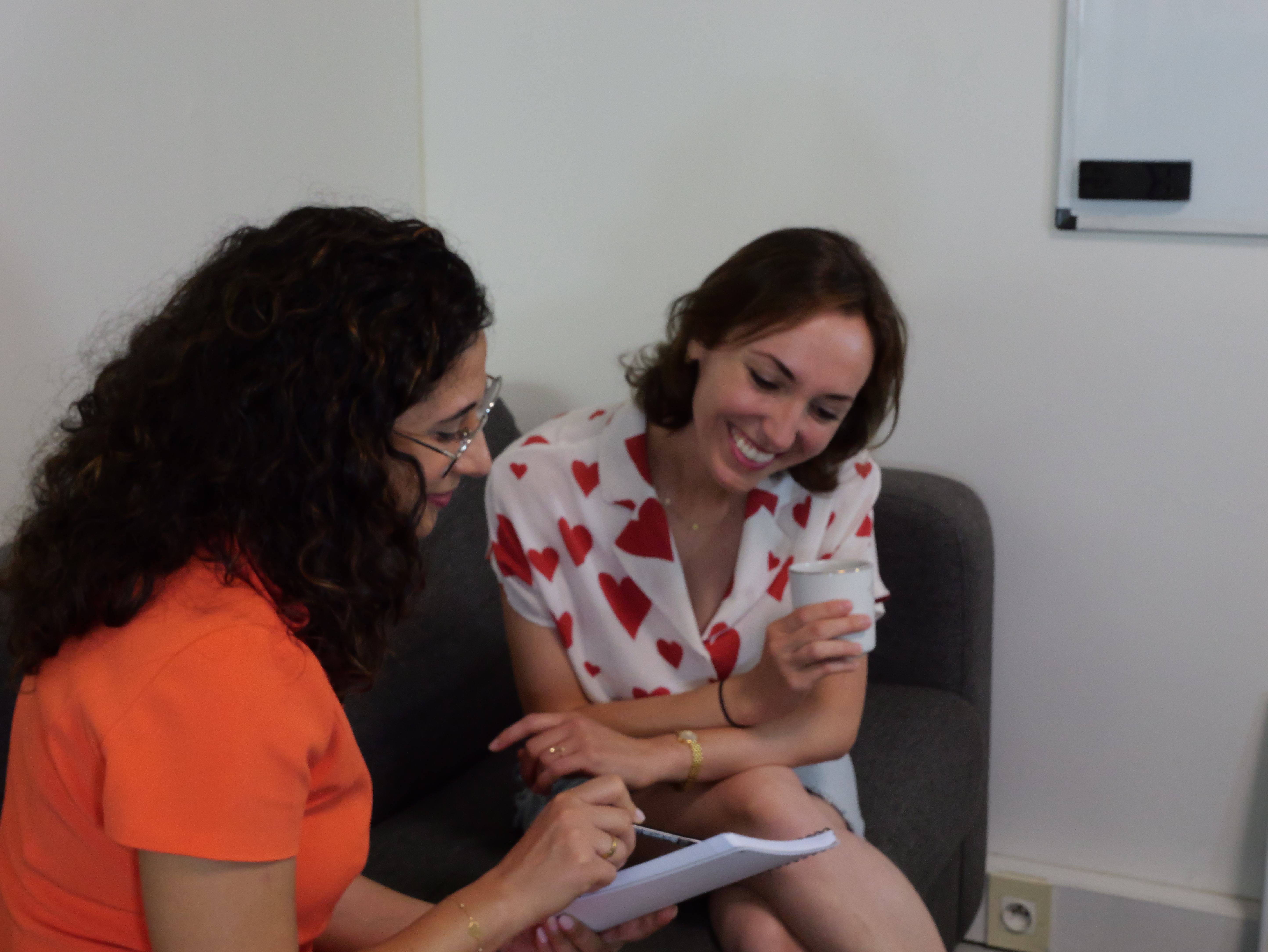
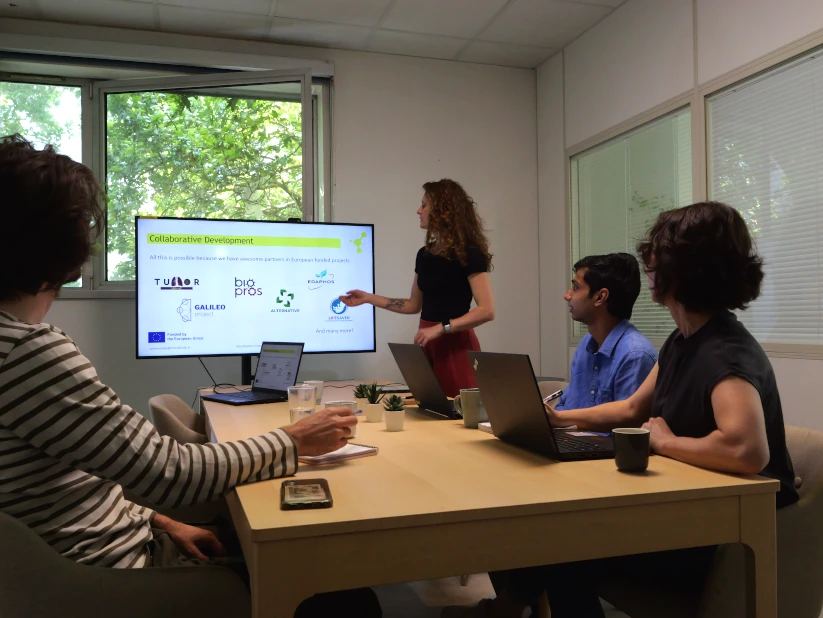
Phase 1
Exploring opportunities together
-
MIC assists in identifying relevant Horizon Europe calls.
-
We bring together academic and SME partners with complementary expertise.
Our products
microfluidic
skills
in one company
Discover how we’ve brought microfluidics projects to life
Microfluidic flow control
Organ-on-a-chip
Microfabrication
Our research projects
We have innovated
in 50+ EU and national projects
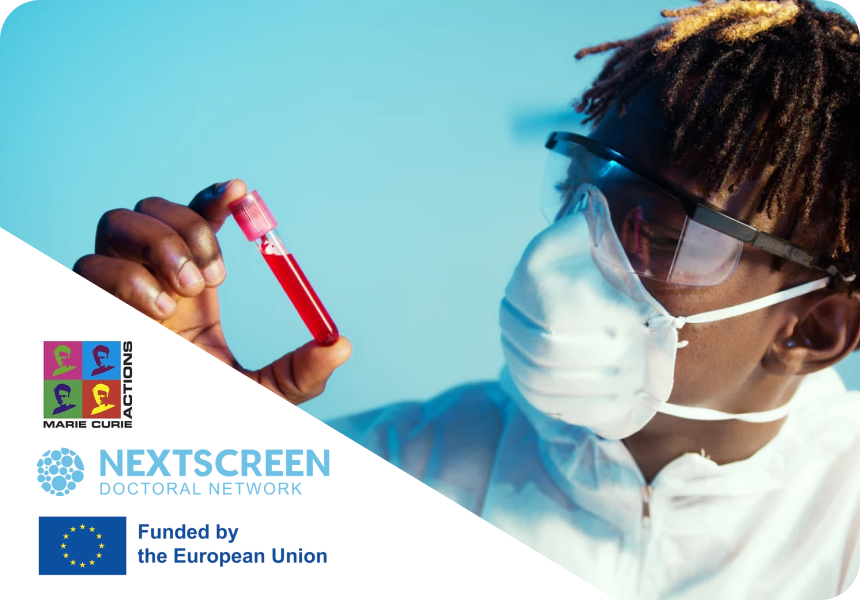
Enhanced imaging flow cytometry
imaging flow cytometry
single-cell analysis
Characterization of the cellular heterogeneity of complex biological systems requires high-throughput screening techniques.
Expected result
Fluidic control systems for ultra-low-flux and ultra-high-throughput flow cytometry.

4D printing new additive manufacturing technologies
4D printing
additive manufacturing
Using shape-changing materials, that respond to stimuli, makes it easier to create complex structures, which is important to fully unlock their potential in fields like medicine and biomedical devices.
Expected result
Developing 4D printing voxel device that can deposit multi-material polymerizable microdroplets with variable spatial resolutions.
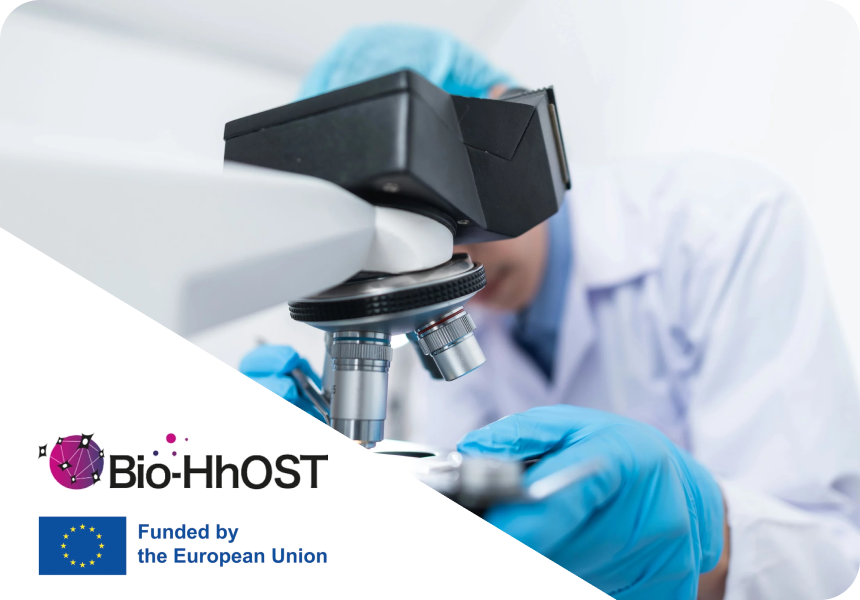
Cell interaction in next generation 3D tissue models
3D tissue
artificial cells
cell behavior
Creating 3D tissue models with programmable artificial cells to study realistic cell behavior and drug delivery while reducing animal testing.
Expected result
Developing a microfluidic flow control platform that enables continuous, sterile, automated cell perfusion and live microscopy monitoring of 3D tissue models without using an incubator or disconnecting the culture chip.

Biomaterial engineering for organ repair
Biomaterials engineering
human tissue repair
Engineering of advanced biomaterial methods to create vascularized, transplantable human tissues using nanobot-assisted self-assembly and microfluidics.
Expected result
Generating a functional artificial hippocampal tissue with an embedded vascular network and functional blood-brain barrier, demonstrating integration with native tissues for organ repair.






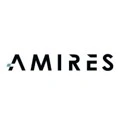


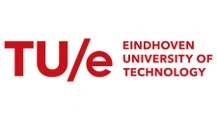




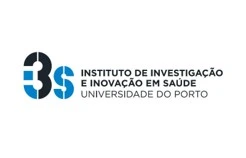
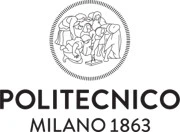


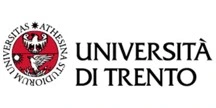

“
”
Ready to collaborate?
Horizon Europe Cluster Health
Interested in health research? The Cluster Health calls focus on sustainable health systems across Europe.
Mental health
Data-Driven Tools
Deadline April 2026/2027
FARM2FORK
These calls aim to develop microbiome-based solutions that enhance food safety, quality, and sustainability, and deliver measurable farm-to-fork impacts.
Food Systems
Microbiome Science
Deadline Apr/Sep 2026/2027
Digitalisation & AI
Interested in applying AI in the discovery and development of innovative materials?
Material Development
Generative AI
Deadline April 21, 2026
Wastewater & Soil Health
These calls aim to monitor, protect, and restore soil and water health across European regions, addressing climate change, antimicrobial resistance, and resource valorisation.
Climate Resilience
Waste valorisation
Deadline Sep 2026/2027
Funding calls 2026-2027
At the Microfluidics Innovation Center,
All calls
